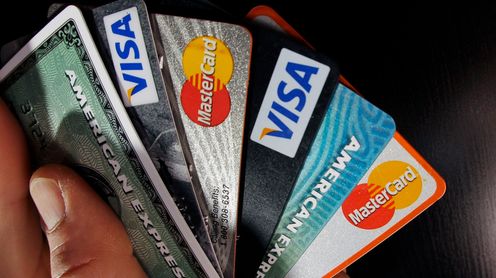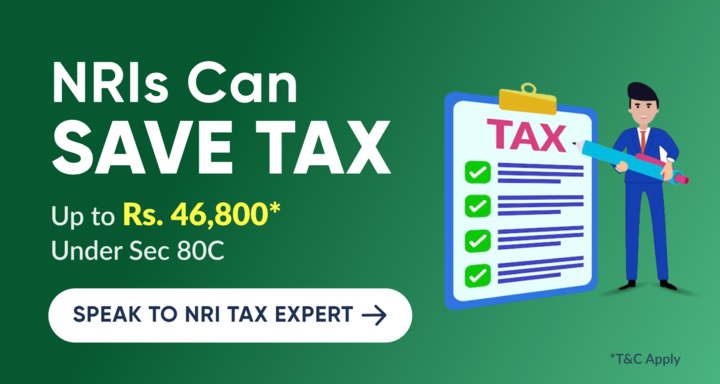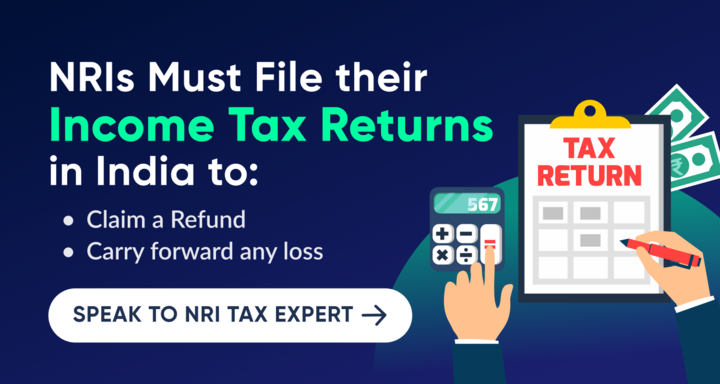With the advent of credit cards and their widespread acceptance, individuals have increasingly relied on them for making purchases abroad. Recognizing this trend, the finance ministry has introduced amendments to the FEMA, specifically targeting credit card forex payments under the Liberalised Remittance Scheme (LRS). In this blog post, we will delve into the details of credit card forex payments under LRS, exploring the implications, benefits, and guidelines for individuals looking to engage in international spending.

What has Happened?
According to an official order, the finance ministry has revised the regulations regarding the use of credit cards by Indian residents abroad. Previously, the use of credit cards by resident Indians during foreign travel was not counted towards the annual remittance limit of $250,000 under the Liberalised Remittance scheme (LRS). However, a recent amendment to the Foreign Exchange Management (Current Account Transactions) Rules, 2000, issued by the Finance ministry, has removed this exemption. As a result, the use of credit cards abroad by Indian residents is now included within the $250,000 remittance limit under the LRS.
What will be the Impact?
The recent rule change now considers international credit card transactions when determining the $250,000 limit under the LRS scheme. Any remittance exceeding this threshold requires prior permission from the Reserve Bank of India (RBI).
This amendment could potentially impact the spending habits of high net worth individuals during their foreign visits, as breaching the limit would necessitate approval from the RBI. This requirement ensures that authorities are informed about such overseas expenditures, strengthening the government’s data collection efforts aimed at enhancing transaction oversight.

Purpose of this Amendment
The $250,000 cap imposed on the LRS scheme serves multiple purposes:
- It helps preserve foreign exchange reserves and prevents capital flight.
- It regulates individual foreign investments and aids in the prevention of money laundering.
- The cap also promotes domestic investments and contributes to maintaining macroeconomic stability.
Tax Collected at Source (TCS)
In addition to the inclusion of credit card forex payments under LRS, another significant change introduced by the finance ministry is the imposition of tax collected at source (TCS) on such transactions. Starting from July 1, 2023, there will be a significant increase in the tax collected at source (TCS) rate for credit card forex payments under the LRS. The Budget 2023 has raised the TCS rate for foreign remittances under the LRS from 5% to 20%, excluding transactions made for education and medical purposes. This new rule will come into effect on July 1, 2023.
It is crucial for individuals to be aware of the applicable TCS rate and ensure compliance with tax obligations.
Who Will Collect the TCS?
The responsibility for collecting the payment will rest with the authorised dealer, namely the bank that issued the credit card. The bank will now collect an additional 20 percent from the credit card holder, which will be deposited as Tax Collected at Source (TCS). This TCS amount will be deposited in the credit card holder’s PAN (Permanent Account Number), which can be adjusted against any income tax liability for that financial year.

What will be the Procedure?
- The holder of an international credit card will be prompted with a pop-up message regarding the nature of the transaction before making any payment.
- Upon acknowledgment, the TCS will be automatically triggered, resulting in an additional collection of $2,000 alongside the intended payment of $10,000.
- This process can resemble an online payment made for expenses like hotel stays abroad, where a final payment approval is required for an excess amount before processing the payment.
Contact SBNRI
Whether NRI tax rules or criteria to determine NRI status keep changing each year. Due to a complicated tax system, understanding tax rules for NRIs can be confusing and NRIs may miss claiming deductions and other benefits. At SBNRI, we understand this struggle. You can download SBNRI App to connect with our NRI Tax Experts and get end-to-end assistance related to NRI tax filing. SBNRI will also help you get a lower TDS Certificate.
You can also click on the button below to ask any questions. Visit our blog and YouTube Channel for more details.



